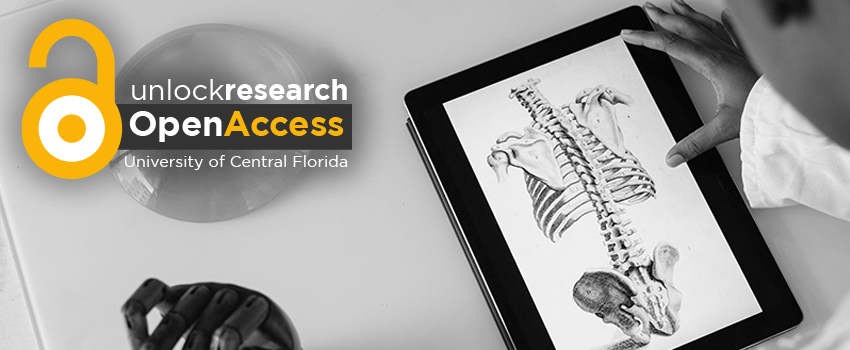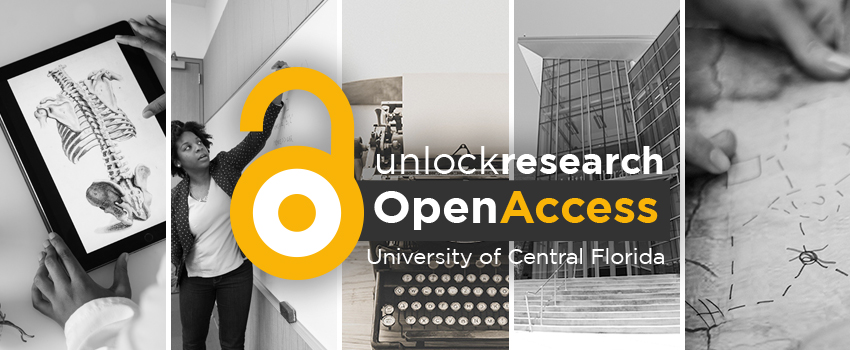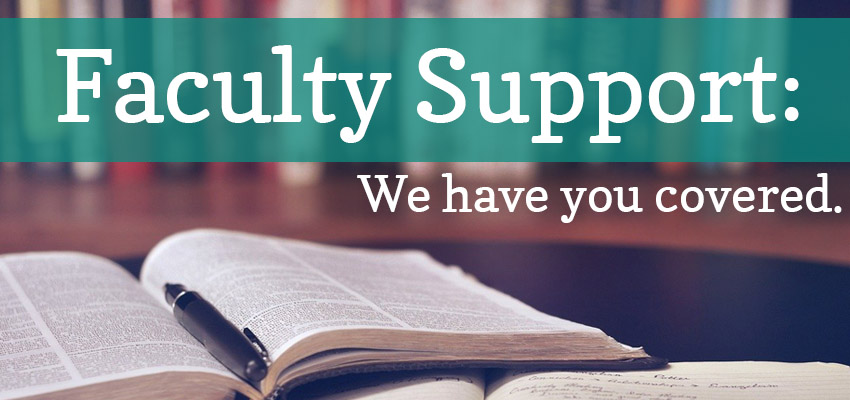The Importance of Open Access in Research, Classroom & Society
All Libraries, Scholarly Communications Posted: October 19th, 2020
Perhaps in no other year has the importance of freely open and accessible information been more evident than in 2020. The mid-March outbreaks of COVID-19 prompted stay-at-home orders and quarantines throughout the nation, and Americans were sequestered to their homes for a quarantine that some have yet to escape. When universities, libraries, businesses and laboratories across the country closed their doors, the availability of Open Access documents and data helped us maintain some semblance of our daily routine, and a little of our sanity.
As we’ll explore in this blog post, Open Access (OA) — the free and unfettered access to research — is important to each of us whether it’s in the classroom or broadly in society through everyday things and important research. In particular, we’ll highlight how the public health crisis has illustrated the importance of Open Access in all aspects of our lives.
- Classroom. When faculty and students suddenly switched to online classes mid-semester, several publishers and database vendors unlocked large collections of eBooks, journal titles, textbooks and streaming videos to be freely available to students and faculty researchers who had lost access to physical resources, like books, in libraries. PBS modified their daytime broadcasting schedule to provide free lessons for preK-12 students learning at home, and many agencies put content online for use in the classroom. Faculty at colleges and universities utilized open educational resources and other Open Access research to provide affordable and freely accessible course materials to their students.
- Research. As scientists work for a cure for COVID-19, publishers, organizations, and agencies around the globe have made large collections of coronavirus-related scholarship Open Access. This helps to level the playing field for underfunded schools and research institutes that can’t afford high-cost subscriptions. In addition, it helps provide timely and free access to the latest research, so that researchers can work together to better understand COVID-19, collaborate on new innovations, and develop vaccines.
- Society. When supplies ran low, hospitals were able to use Open Access programs to 3D print face shields and other PPE. Newspapers made COVID-19-related stories Open Access so that people who could not afford subscriptions could stay abreast of developments. Parks, museums, and zoos offered virtual tours, and musicians performed from their living rooms, opening their homes to people who couldn’t leave theirs.
While we couldn’t possibly explore every single aspect of Open Access as it relates to COVID-19, we hope that these examples illustrate how providing free access to anyone, anywhere in the world can be beneficial to all — whether it’s related to the public health crisis or providing access to important research and innovations in everyday life.
To learn more about the Open Access movement, its benefits, and ways you can engage in OA publishing and research, visit the UCF Libraries’ Office of Scholarly Communication website for more information or contact Sarah Norris, Scholarly Communication Librarian at sarah.norris@ucf.edu.



